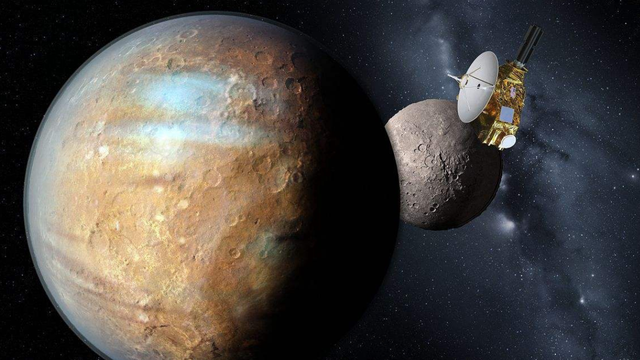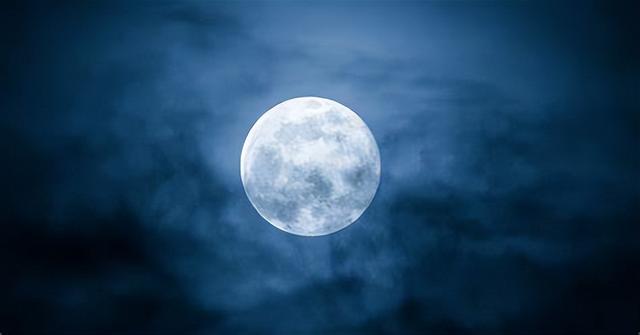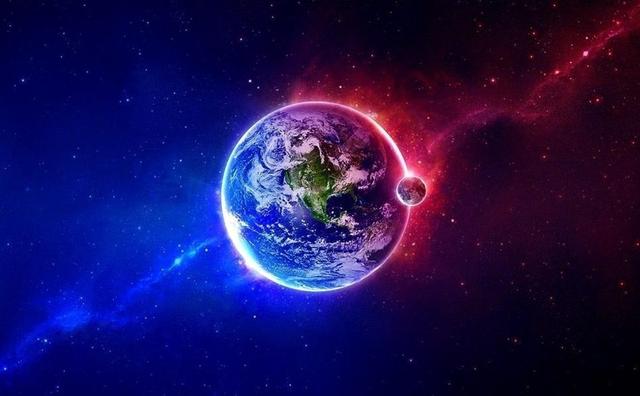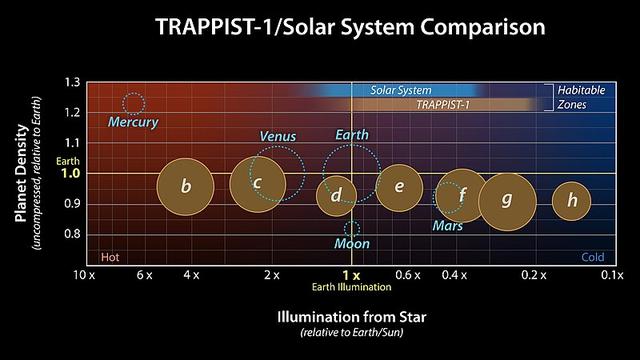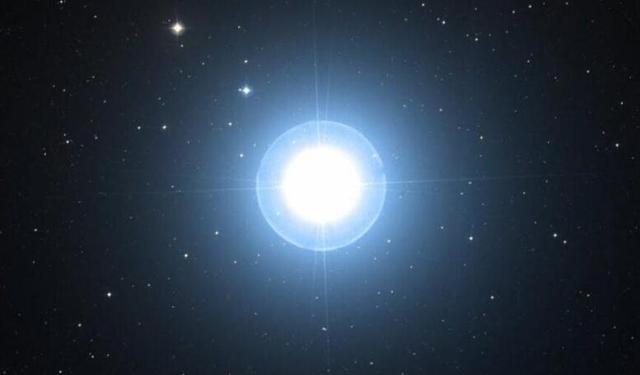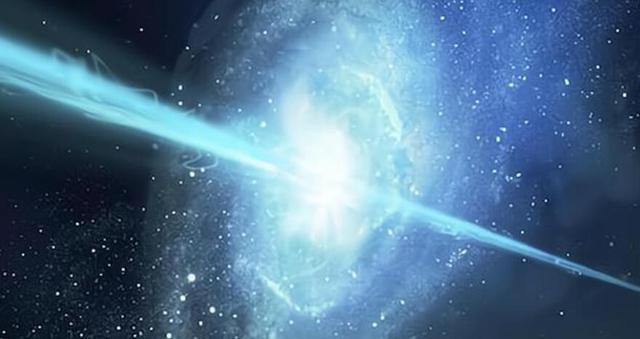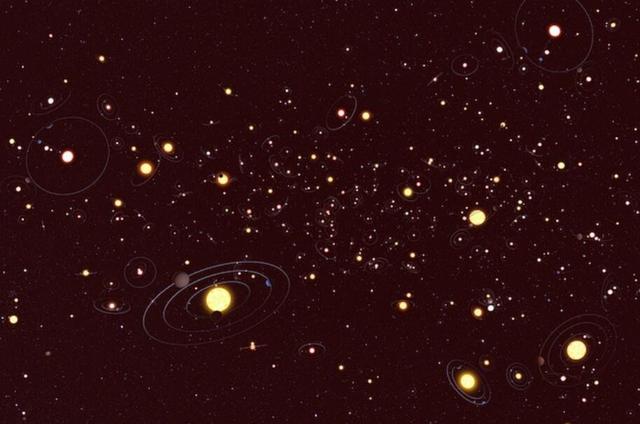Many people think that pluto should be considered the 'ninth planet' of the solar system, while others think that pluto does not qualify as a planet and cannot be called the 'ninth planet'. Why was pluto, once called the "Ninth planet", later removed from the list? There are some claims on the internet that pluto is scary, what is this about?
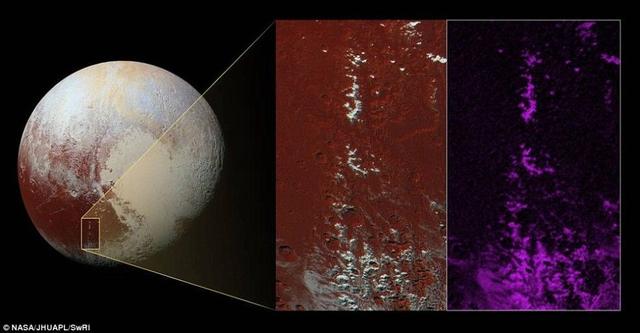
Why was pluto "De-listed"?
When it comes to pluto, i'm sure no one is unfamiliar with it. After all, of all the large bodies in our solar system, pluto is almost the most controversial, and one of the controversies is about whether pluto should be "Returned" To the list of planets.
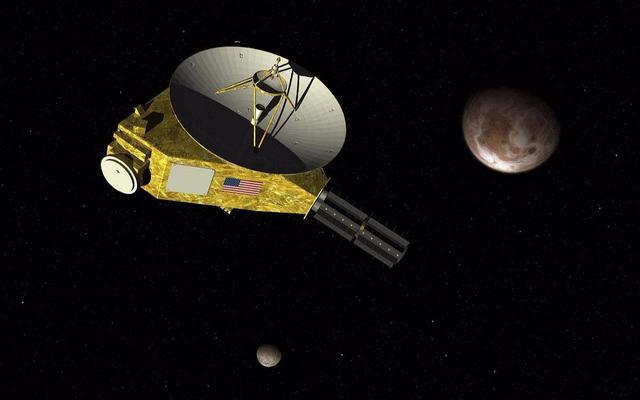
As the former 'ninth planet', pluto was the first kuiper belt object to be discovered by humans. Back in the 1840s, astronomers used newtonian mechanics to predict the position of neptune after analysing the perturbations in its orbit. At the time, astronomers thought that this might be the 'ninth planet', but were unable to discover the potential 'ninth planet'. It was not until 1930 that astronomer clyde tombaugh discovered an object, pluto, in a photograph he had taken. After its discovery, pluto was considered the 'ninth planet' of the solar system until 2006, when the international astronomical union excluded it from the list of planets and classified it as a dwarf planet.
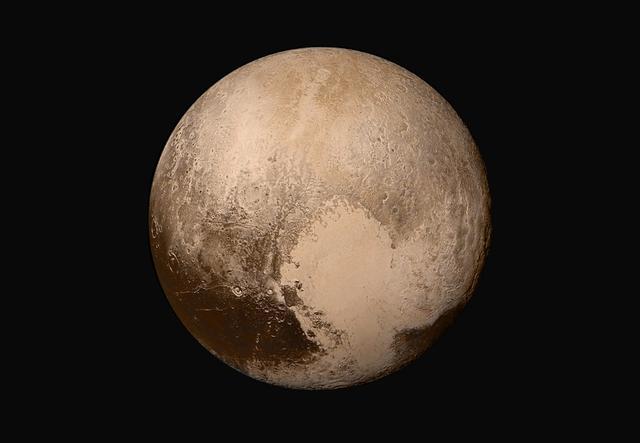
Pluto was removed from the list because it did not meet some of the basic requirements for a planet, and its "Status" Was disputed for decades after its discovery, especially after the discovery in 2005 of eris, a planet 27% more massive than pluto, which directly challenged pluto's status. Imagine if pluto had remained the ninth planet, would eris, which is a quarter larger than pluto, have been defined as the tenth planet? If some unknown object comparable to or larger than pluto continues to be discovered next, would it not be necessary to continue to expand the ranks of planets in the solar system? This is clearly not the case. So, in order to better distinguish planets from other celestial bodies, scientists redefined the concept of planets.
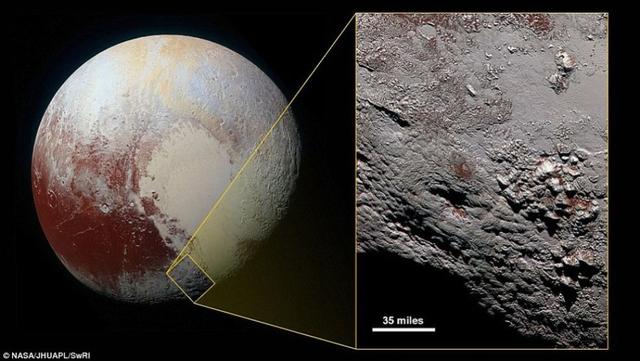
Generally speaking, planets have three characteristics that must be met in order to be considered as "Planets".
The first characteristic is that the object must orbit a star such as the sun.
The second characteristic is that the mass of the object must be large enough to overcome the gravitational forces of solids to achieve a near spherical shape.
The third characteristic is that the object must be able to clear small objects in the vicinity of its orbit, and no object larger than it can exist within the orbit of its revolution.
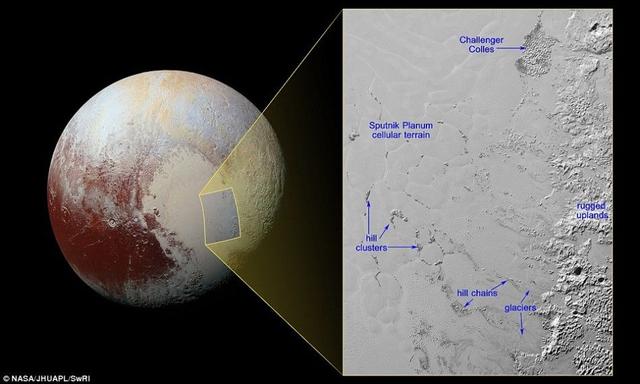
By definition, pluto actually fulfils the first two conditions, but it cannot fulfil the third one and is eventually demoted to the rank of dwarf planet by removing the title of "Ninth planet". Therefore, pluto's exclusion from the list of planets and its inclusion as a dwarf planet is not at all unjust.
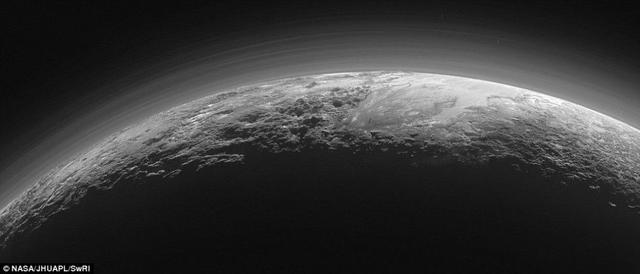
How scary is pluto?
There are many rumours that pluto is a scary world, where the temperature is so low that no life can survive, and if life exists, it is probably some extreme virus, so how scary and unusual is pluto?
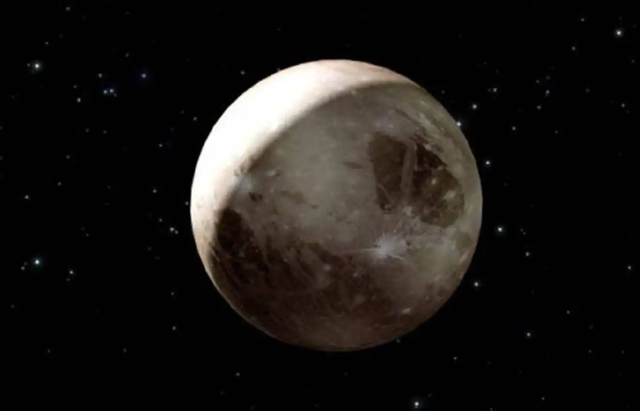
The first is the high eccentricity of pluto's orbit, its orbit is a large ellipse, its perihelion is 4.4 billion km, even closer than neptune's orbit, but pluto's aphelion is a whopping 7.4 billion km. Pluto is so far away from the sun that it takes 248 years to make one revolution around the sun, which means that since its discovery in the 1930s, pluto has not even completed half a revolution around the sun.
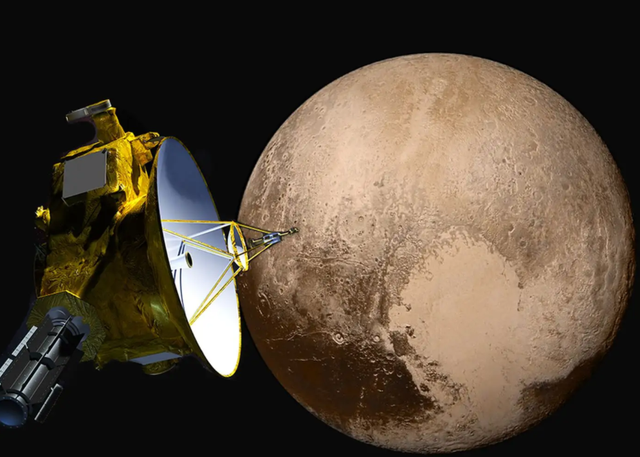
It is also because pluto's perihelion crosses neptune's orbit that for almost 20 years pluto will be on the inner side of neptune's orbit, when pluto is closer to the sun than neptune is to the sun. This is not the case for any other planet in our solar system, so this pluto is really "Odd".
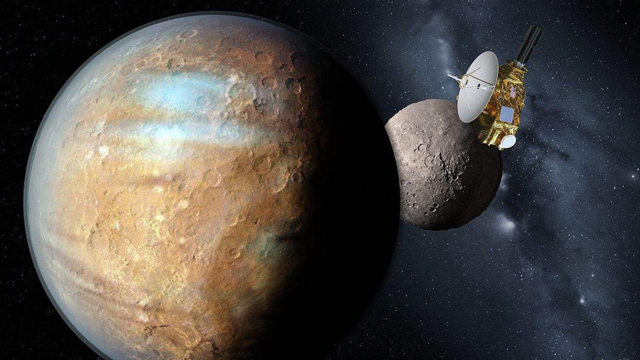
The second is that pluto's orbit is at an angle of 17 degrees to the plane of the ecliptic. Among the eight planets in the solar system, although each planet has an angle between its orbit and the ecliptic plane, these angles are generally small, for example, mercury's orbital inclination is only 7 degrees, which is already the largest angle among the eight planets, but pluto reaches 17 degrees, which is not in line with the angle of these planets.
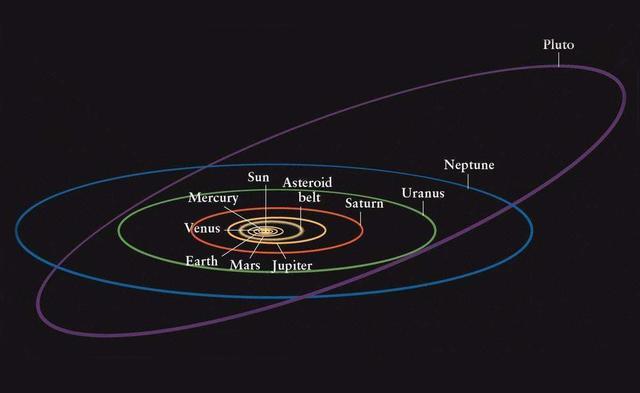
The third is that the temperature on pluto's surface is very low, down to about -240°c. So the surface of pluto is a cold world, perennially frozen. At such low temperatures, it is theoretically impossible to survive, and if there exist some creatures that can survive in such an environment on pluto, they are more capable of surviving than we can imagine. This is probably the scariest thing about pluto.
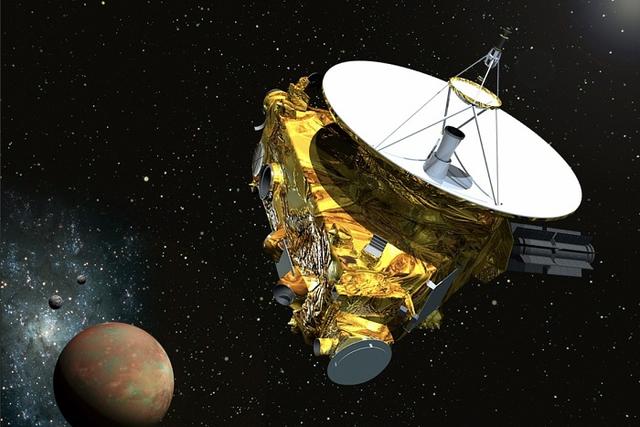
Pluto's atmosphere is disappearing?
Because pluto is so far away from earth, it took scientists a long time to discover pluto in the last century. Even in modern times, it is very difficult for us to observe pluto from earth, and with the hubble telescope we can only see pluto but not the details of its surface. So, to understand pluto, we need to launch some probes that can come close to pluto or that can orbit pluto, and the new horizons probe is one such interstellar spacecraft.
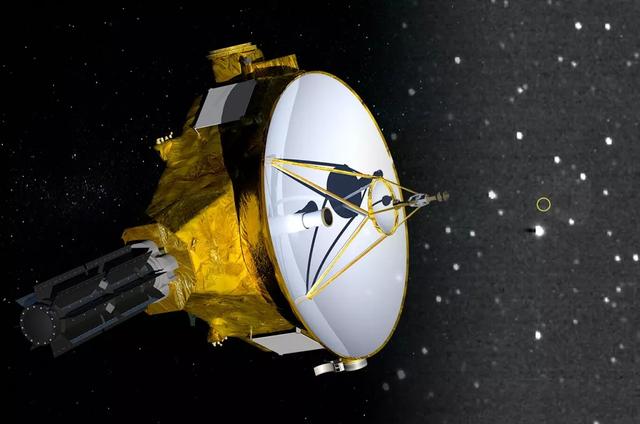
The new horizons probe successfully reached the vicinity of pluto in 2015 after a flight of more than nine years. Although pluto did not enter orbit around pluto, it took many high-resolution photographs of pluto and collected much data on pluto as it flew past from its vicinity.
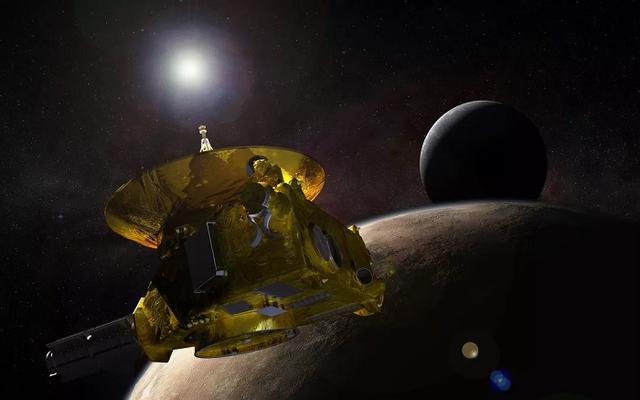
The images returned by the new horizons probe show distinct traces of water ice on pluto's surface that are red in colour, so that pluto is somewhat red when seen from space. Pluto also has what appears to be a 'heart' shaped feature on its surface, which is 2000km wide. In addition, the new horizons probe found a slightly blue atmosphere, with a layer of blue objects above pluto's atmosphere. However, pluto's thin atmosphere is diminishing and may eventually fade away.

